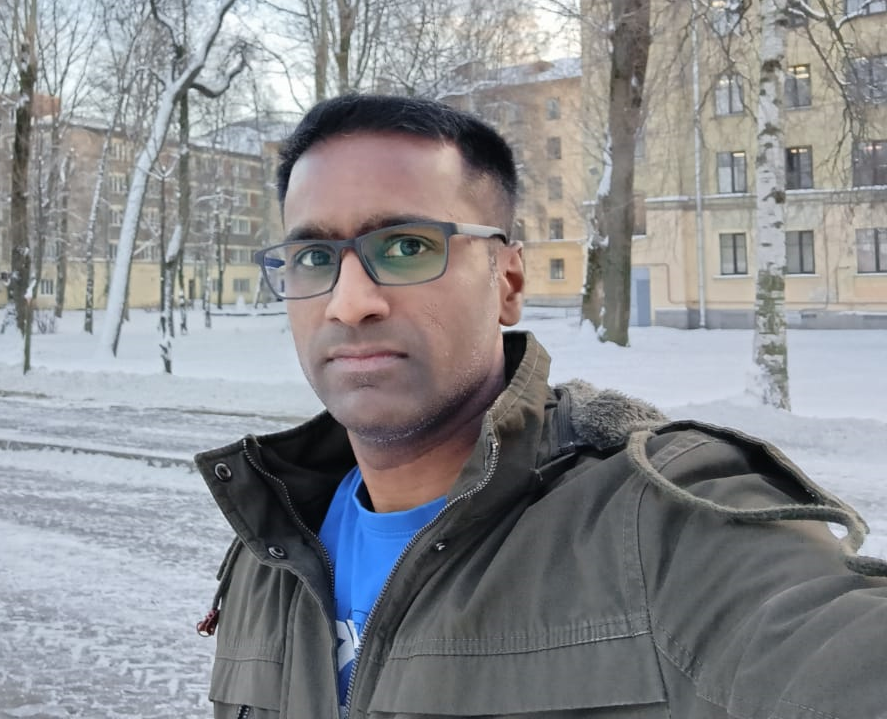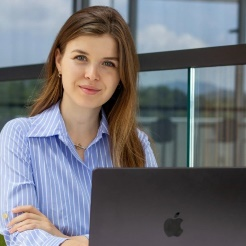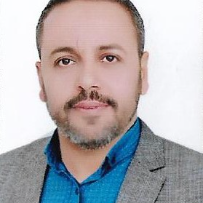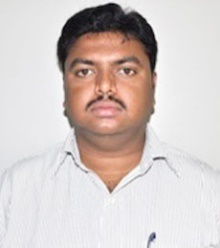Guest Editors
Dr. G. Murali
Email: murali@unitem.edu.my, murali_220984@yahoo.co.in
Affiliation: Institute of Energy Infrastructure, University Tenaga Nasional, Malaysia.
Research Interests: Sustainable composite materials, impact resistance of structures

Dr. KRAVCHENKO Ekaterina
Email: ekakra@sfedu.ru
Affiliation: Head of the Sustainable Materials Laboratory at Southern Federal University, Russia
Research Interests: Green construction materials, concrete recycling, carbon footprint

Dr. Sallal R Abid
Email: sallal@uowasit.edu.iq
Affiliation: Department of Civil Engineering, University of Wasit, Iraq
Research Interests: Computational Mechanics, Structural Dynamics

Dr. K. Karthikeyan
Email: karthikeyan.kothanda@vit.ac.in
Affiliation: Civil Engineering, VIT University, Chennai Campus, India
Homepage:
Research Interests: Structural Dynamics, Shear wall, Precast Connection, RC elemements

Summary
This special issue emphasizes recent advancements in sustainable concrete technologies, particularly through the utilization of supplementary cementitious materials (SCMs), the integration of circular economy strategies, and the adoption of artificial intelligence (AI) methodologies. The issue addresses the critical need for environmentally sustainable construction practices by investigating the potential of industrial by-products such as fly ash, slag, silica fume, and waste materials to serve as alternatives to conventional cement, thereby minimizing the environmental impact of concrete production. Contributions are sought that explore the novel incorporation of SCMs in high-performance concrete, leverage machine learning algorithms for the optimization and prediction of material properties, and employ AI techniques to improve the design, durability, and sustainability of concrete materials.
The circular economy approach focuses on minimizing construction and demolition waste, enhancing the reuse and recycling of discarded materials, and advancing the development of sustainable construction materials through innovative geopolymer technologies and waste valorization strategies. The integration of machine learning offers a robust platform for sophisticated data analysis and predictive modeling, facilitating the optimization of mixture proportions and mechanical characteristics of sustainable concrete composites. The overarching objective is to promote the widespread implementation of low-carbon, high-strength construction materials that align with the principles of sustainable development.
Keywords
Supplementary Cementitious Materials (SCMs), Fly Ash, Slag, Silica Fume, Geopolymer Concrete, Circular Economy in Construction, Construction and Demolition Waste (CDW), Machine Learning in Construction Materials, Predictive Modeling for Concrete, Sustainable Concrete Design, Low-Carbon Cement Technologies, Artificial Intelligence in Material Optimization, Waste Recycling in Concrete, Carbon Footprint Reduction, Environmental Performance of Construction Materials
Published Papers